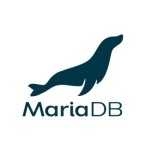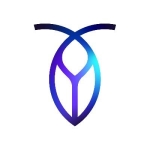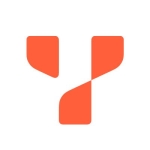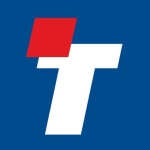What is our primary use case?
Our company does not have an Oracle Database. We are in charge of maintenance and deployment. We have several managed services for several customers, and we administer and deploy Oracle databases in those customers.
We are system integrators who deploy projects with infrastructure and manage infrastructure services.
Our main customers are in the banking industry. In the banking environment, Oracle databases are used for a wide range of solutions.
For all bank transactions to communicate in the various Oracle databases, the data must be extracted from the host systems and brought to work at a data warehouse. With a special banking solution, it requires another banking program.
What is most valuable?
Oracle is used to deploy solutions. The dashboard may be the best solution for intelligent data management, as well as business intelligence.
We believe that Oracle in the cloud is more secure.
It is more scalable on-premises.
What needs improvement?
Technical support needs improvement.
For how long have I used the solution?
We have been providing Oracle Database for the last ten years.
We have been system integrators since the company's inception. I believe it will be 20 years that we have been working as system integrators.
We work both in the cloud and on-premises. We were born on-premises, but have spent the last five years working in a hybrid cloud model.
What do I think about the stability of the solution?
Oracle Database is a stable solution.
What do I think about the scalability of the solution?
Oracle Database is scalable.
We have approximately 25 to 30 customers in the banking industry who use Oracle Database.
How are customer service and support?
Technical support is okay, but some areas could be better.
Which solution did I use previously and why did I switch?
Our core business is in the desktop virtualization model with Citrix and Microsoft. Citrix with desktop and Citrix solutions, as well as VMware and all virtualization software-defined projects.
We put all of our solutions in the cloud. It is one of our primary focuses, but some of our clients may prefer to have some of their infrastructure in on-premises solutions.
We use all of the virtuals from all of the databases. We use both Oracle and SQL.
How was the initial setup?
The initial setup is straightforward. It's an easy installation.
The way we deploy services and project infrastructures in the cloud and on-premises differs.
We are deploying Oracle for large systems. We are aware that our customers have large Oracle systems.
What was our ROI?
There is a good return on investments.
Which other solutions did I evaluate?
In the last two or three years, we have been active on the internet to research the deployments to bring to the customer.
What other advice do I have?
During the previous administration, we collaborated with our customers, and we preferred to deploy the new Oracle systems to the cloud, perhaps we are working on the journey from Oracle system to cloud, which is based in Oracle Cloud.
In general, I recommend the product. We have customers in Spain and Latin America, including Argentina, Peru, Chile, Brazil, and Mexico.
We introduce and maintain Oracle for these customers. Alternatively, one of the major customers is Bank Santander, Bank Sabadell, or Kaiser, which are large banks with operations all over the world.
We're collaborating with Oracle's architects and consulting solutions team in one part of the project and the Q&A in projects. We collaborate with Oracle consulting teams to deploy the solution in dashboards.
I would rate Oracle Database a nine out of ten.
Which deployment model are you using for this solution?
Hybrid Cloud
Disclosure: My company has a business relationship with this vendor other than being a customer. Integrator
















